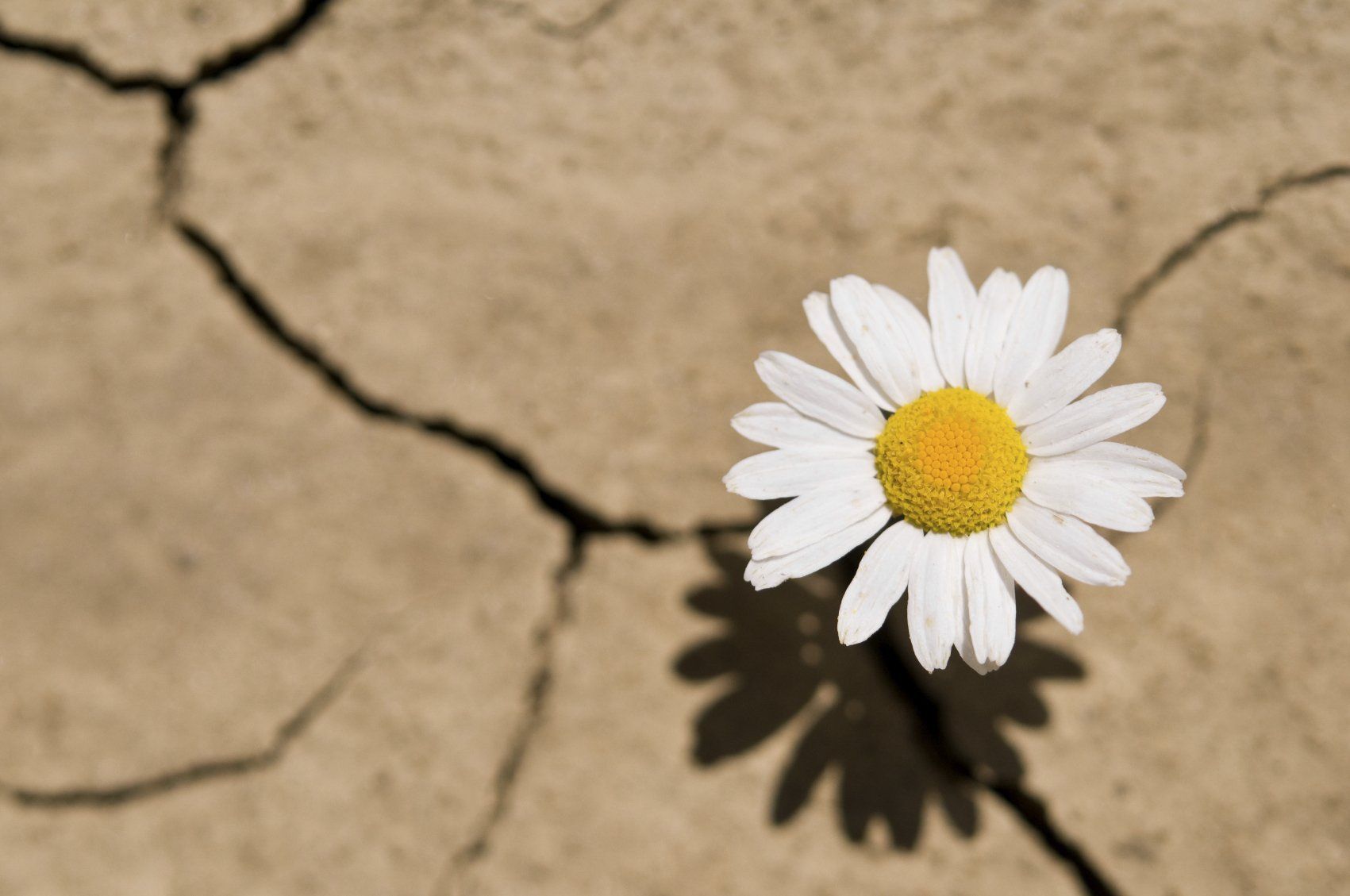East Meets West: A Holistic Approach to Managing Stress and Anxiety
East Meets West: A Holistic Approach to Managing Stress and Anxiety
Stress and anxiety have become part of everyday life for many of us. The demands of work, relationships, and daily responsibilities can leave us feeling overwhelmed, stuck in cycles of worry, or physically drained. While Western psychological therapy provides evidence-based techniques to manage these feelings, Traditional Chinese Medicine (TCM) takes a different, more body-centered approach, viewing the mind and body as deeply connected.
When these two perspectives come together, they create a comprehensive path to healing, addressing both the symptoms and the underlying imbalances that cause them.
Understanding Stress and Anxiety: Eastern & Western Perspectives
The Western Psychological Approach
From a psychological therapy standpoint, stress and anxiety often stem from thought patterns, emotional dysregulation, and external pressures. Cognitive-behavioral therapy (CBT) helps identify how thoughts influence emotions and behaviors, offering practical ways to challenge anxious thinking and develop healthier coping strategies.
Other evidence-based approaches, such as mindfulness, breathwork, and nervous system regulation techniques, help people manage the physiological effects of stress—such as a racing heart, muscle tension, or difficulty sleeping.
Western therapy is excellent for developing self-awareness, understanding personal triggers, and building tools to regulate emotions and break unhelpful thought patterns.
The Traditional Chinese Medicine (TCM) Perspective
TCM sees stress and anxiety through a different lens—one rooted in the concept of Qi (energy) flow and organ system balance. In TCM, emotional distress is often linked to an imbalance in Qi, particularly in the Liver, Spleen, and Heart meridians:
🌿 The Liver – Responsible for the smooth flow of Qi. Stress can lead to Liver Qi stagnation, which causes tension, irritability, headaches, and difficulty relaxing.
🌿 The Spleen – Governs digestion and is impacted by overthinking or excessive worry, leading to bloating, digestive issues, and fatigue.
🌿 The Heart – Linked to emotional well-being. When out of balance, it can cause palpitations, insomnia, and feelings of unease.
Acupuncture, herbal medicine, qigong, and dietary adjustments aim to restore harmony within these systems, addressing both the emotional and physical manifestations of stress.
Bridging East and West: A Comprehensive Approach to Treatment
Bringing these two approaches together allows for a more integrated and holistic healing process. Here’s how they complement each other:
1. Addressing Both Mind and Body
🧠 Western Therapy: Helps identify emotional triggers, reframe anxious thoughts, and build resilience.
🌿 TCM: Works with the body’s energy flow to ease physical symptoms such as tension, headaches, digestive issues, and fatigue.
For example, someone struggling with perfectionism may learn in therapy that their anxiety is driven by a fear of failure, while acupuncture can physically calm the nervous system, making it easier to let go of tension and integrate these new thought patterns.
2. Managing Symptoms and Root Causes
🧠 Western Therapy: Focuses on managing symptoms through behavioral change and cognitive reframing.
🌿 TCM: Treats the underlying disharmony causing stress, such as Liver Qi stagnation or Spleen deficiency.
Together, they prevent the “band-aid effect,” where symptoms are temporarily relieved but resurface later due to unresolved imbalances.
3. Enhancing Emotional Regulation Through the Nervous System
🧠 Western Therapy: Uses mindfulness and breathwork to activate the parasympathetic nervous system (rest-and-digest state).
🌿 Acupuncture: Has been shown to lower cortisol levels, calm the nervous system, and promote deep relaxation.
This dual approach helps regulate the body’s stress response, reduce inflammation, and create long-term emotional resilience.
4. Connecting Emotional Awareness with Physical Well-being
🧠 Western Therapy: Provides insight into emotional patterns, trauma, and relationship dynamics.
🌿 TCM: Recognizes that emotions are stored in the body and linked to specific organs (e.g., anger with the Liver, worry with the Spleen, fear with the Kidneys).
By combining these insights, individuals can process emotions cognitively and somatically, leading to deeper healing.
A Practical Example: Blending Approaches for Anxiety Management
Imagine someone experiencing chronic anxiety with symptoms of:
✔ Racing thoughts
✔ Digestive discomfort
✔ Insomnia
A Western therapist might:
- Use CBT techniques to challenge catastrophic thinking.
- Guide them through breathwork to regulate physical symptoms of anxiety.
A TCM practitioner might:
- Identify Spleen deficiency and Liver Qi stagnation as the root imbalance.
- Use acupuncture points like Liver 3 (Taichong) to ease stress and Spleen 6 (Sanyinjiao) to support digestion.
- Recommend herbal medicine to strengthen the system and reduce anxiety-related physical symptoms.
Together, these approaches don’t just manage anxiety—they restore balance on a deeper level.
The Power of Integrative Healing
When Eastern and Western approaches meet, healing becomes more comprehensive, balanced, and person-centered.
🧠 Western psychology provides tools to understand and reshape the mind.
🌿 Traditional Chinese Medicine restores the body’s natural energy flow and equilibrium.
Together, they nurture the whole person—mind, body, and spirit.
By embracing both perspectives, we move beyond symptom management and into a state of true well-being, proving that healing is most powerful when we blend ancient wisdom with modern science.
Final Thoughts
Healing isn’t about choosing one path over another—it’s about finding what works best for you. Whether you’re drawn to the structured approach of therapy, the deep relaxation of acupuncture, or a combination of both, know that stress and anxiety don’t have to define your life.
If you’re curious about how these approaches could support you, exploring integrative healing might be the next step toward feeling lighter, calmer, and more at peace. Get in touch here, I'd love to hear from you.

Useful links
Contact Nancy
07528 803932
info@georgestwellnessclinic.co.uk
George Street Wellness Clinic
101 George Street,
Edinburgh
EH2 3ES
Subscribe to the Newsletter
Thank you for signing up!
Keep an eye out for our monthly newsletter.
Best wishes,
Nancy
Please try again later









